
This Japanese restaurant was one of the first in Toronto when it opened in the 1980s
One of Toronto's longest-running sushi spots was one of around just 45 Japanese restaurants in Toronto back when it opened in 1987.
Barry Chaim helped open EDO on Eglinton West in 1987 after meeting friends during travels in Japan who wanted to move to Canada, bringing them over through an entrepreneurship program.
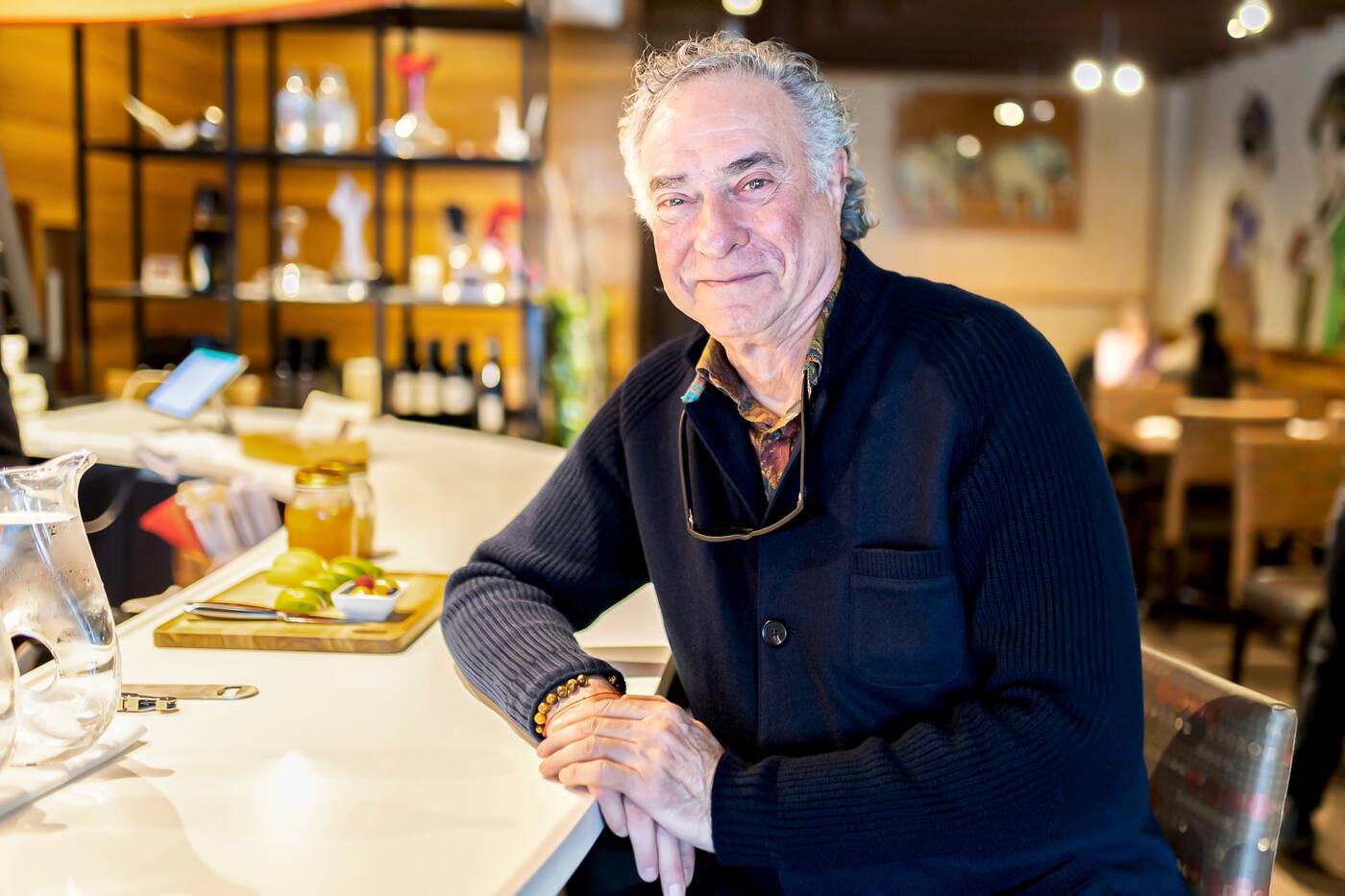
Chaim didn't have a restaurant background at the time but lived in Japan from 1972 to 1974, where he met friends who would one day run EDO for a decade and help him with his mission of introducing Japanese cuisine and culture to Toronto.
He had another business when EDO had first opened, but sold it due to responsibilities related to having young children at the time.
"I wanted to invest in my kids instead of my bank account," Chaim tells blogTO. "My kids were raised on miso soup."
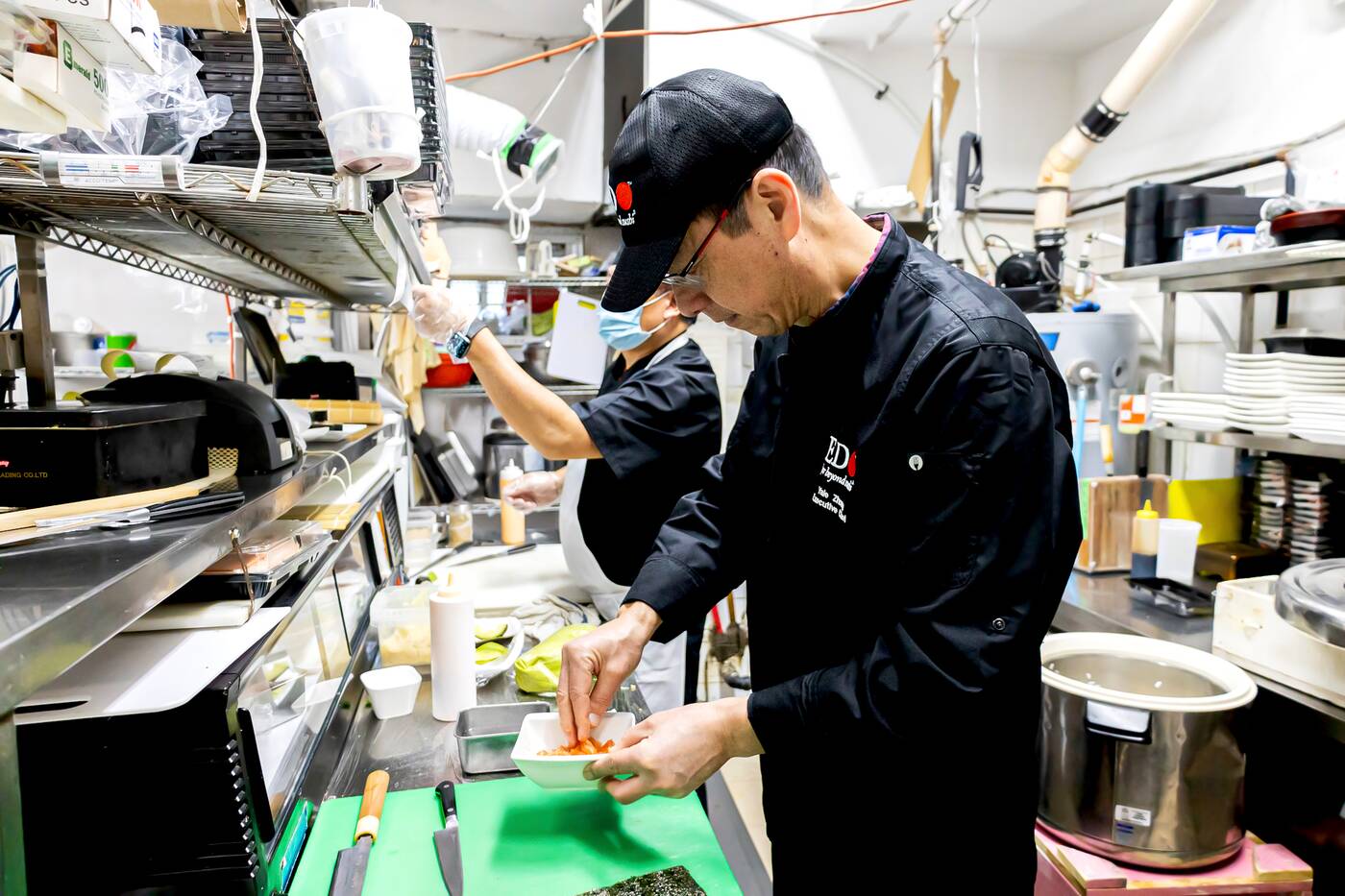 When his friends weren't able to run EDO any longer, Chaim bought them out in 1996 and took over managing.
When his friends weren't able to run EDO any longer, Chaim bought them out in 1996 and took over managing.
Within a few short years, the restaurant began gaining widespread acclaim, including praise from outlets like the influential magazine Gourmet.
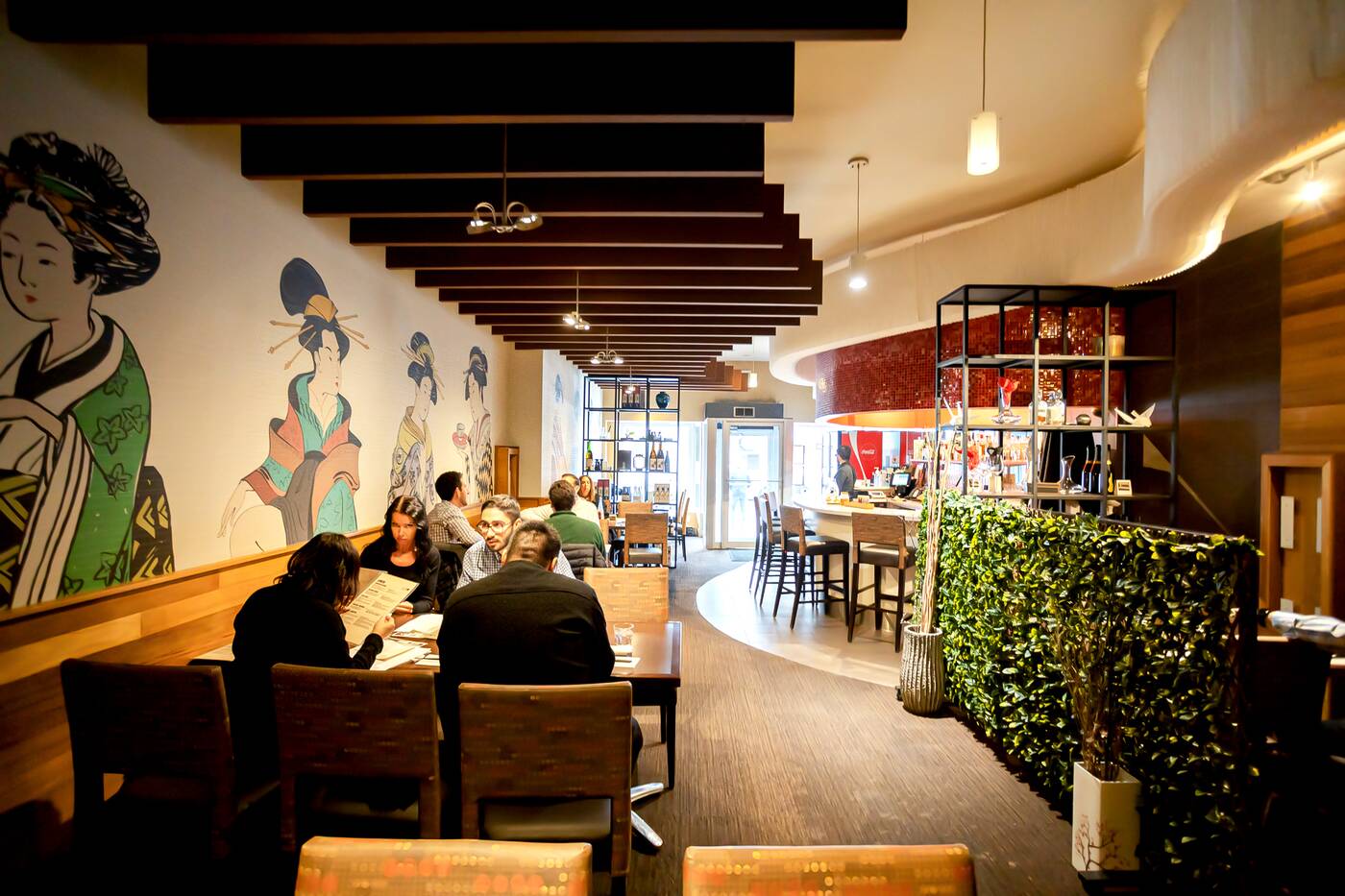 The second location EDO-ko was opened in Forest Hill Village in 1998, and in 1999 EDO was introduced at the Air Canada Centre where it became one of the first sushi stands in a sports arena outside Japan.
The second location EDO-ko was opened in Forest Hill Village in 1998, and in 1999 EDO was introduced at the Air Canada Centre where it became one of the first sushi stands in a sports arena outside Japan.
Chaim has credited EDO's reputation to his commitment to "sticking to fundamental Japanese principles and standards," by faithfully representing both the Washoku and Seiyo-Ryori cooking methods.
The Washoku stream is more about quality and tradition, whereas Seiyo-Ryori is more of a "western" style based on French and some Italian techniques.
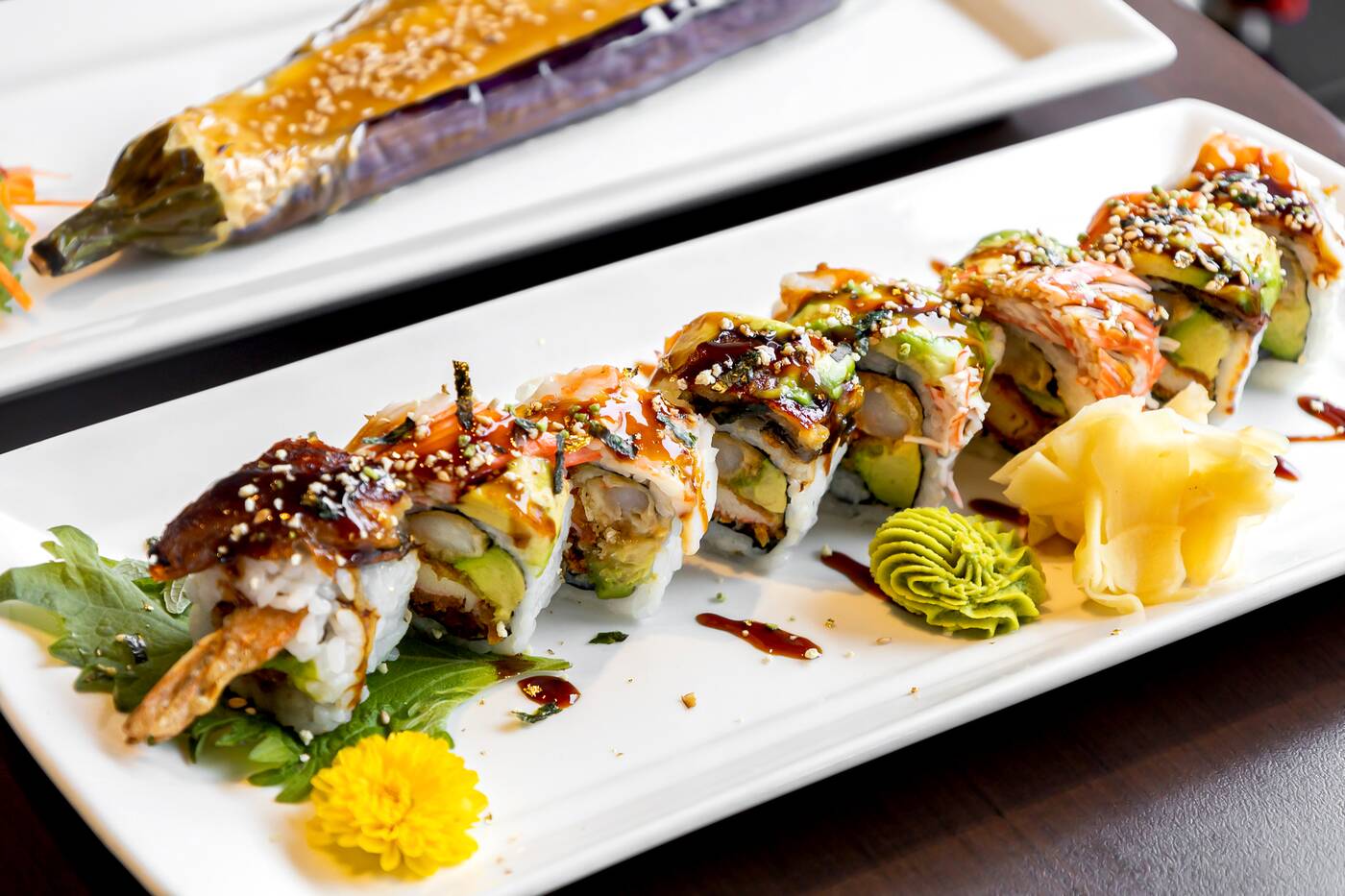
Both streams are represented in dishes like EDO-ko's Tiger Tuna, where traditional tuna tataki is topped with a sauce that's a mix of miso and balsamic that's meant to look like tiger stripes.
Chaim says EDO restaurants were "very much trailblazers" at the time of opening and the "awareness was very small" when it came to Japanese cuisine.
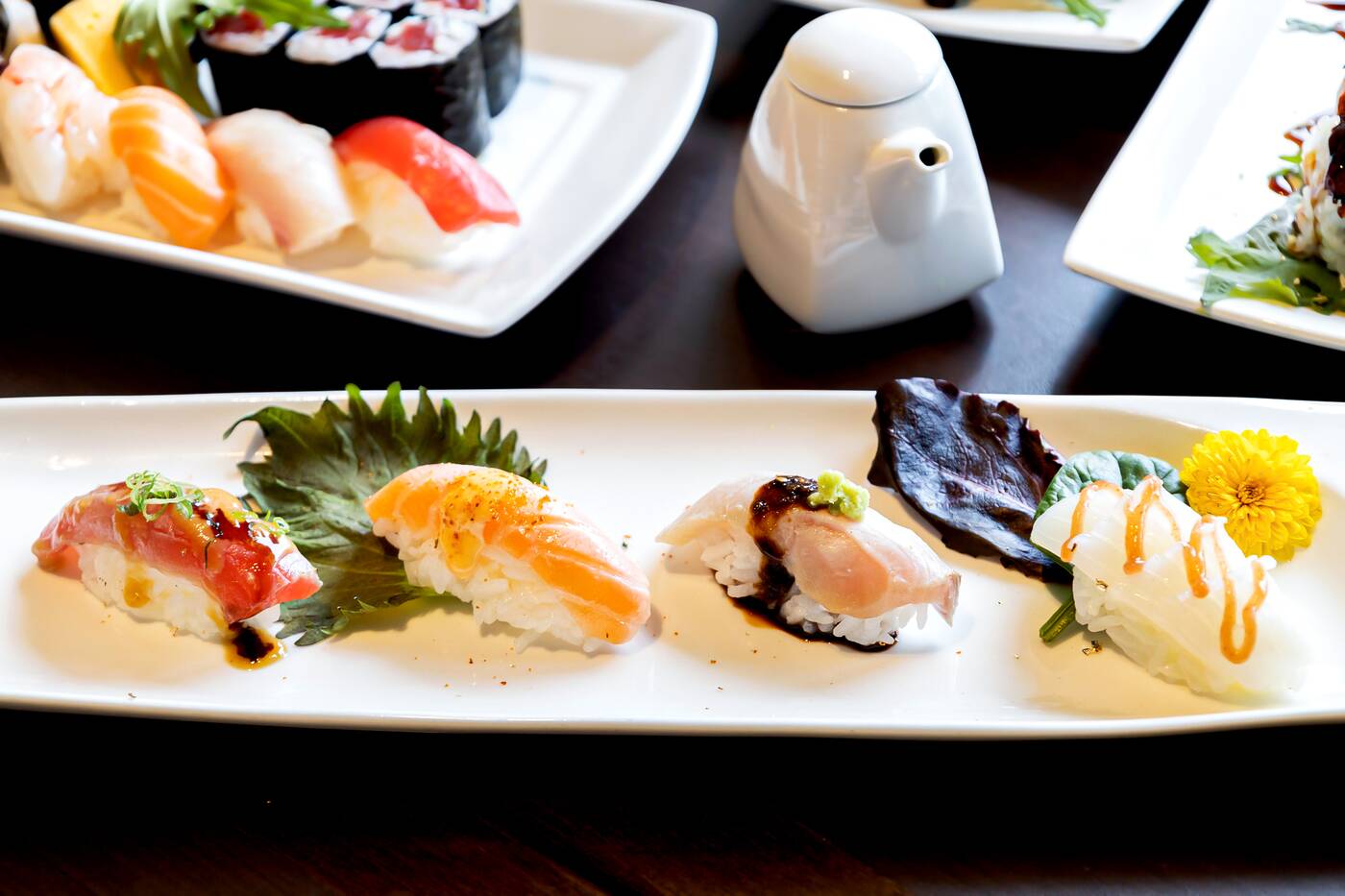 "One of the elements I think made EDO a success in the mid-90s when I took over was most of North America didn't yet know much about Japanese cuisine. I don't think I could have made a go of running a Jewish restaurant," says Chaim, who is Jewish.
"One of the elements I think made EDO a success in the mid-90s when I took over was most of North America didn't yet know much about Japanese cuisine. I don't think I could have made a go of running a Jewish restaurant," says Chaim, who is Jewish.
"The cuisine was unusual at the time. We helped people appreciate the cuisine for what it was, got people to try things they had never tried before and made it an experience rather than just a meal."
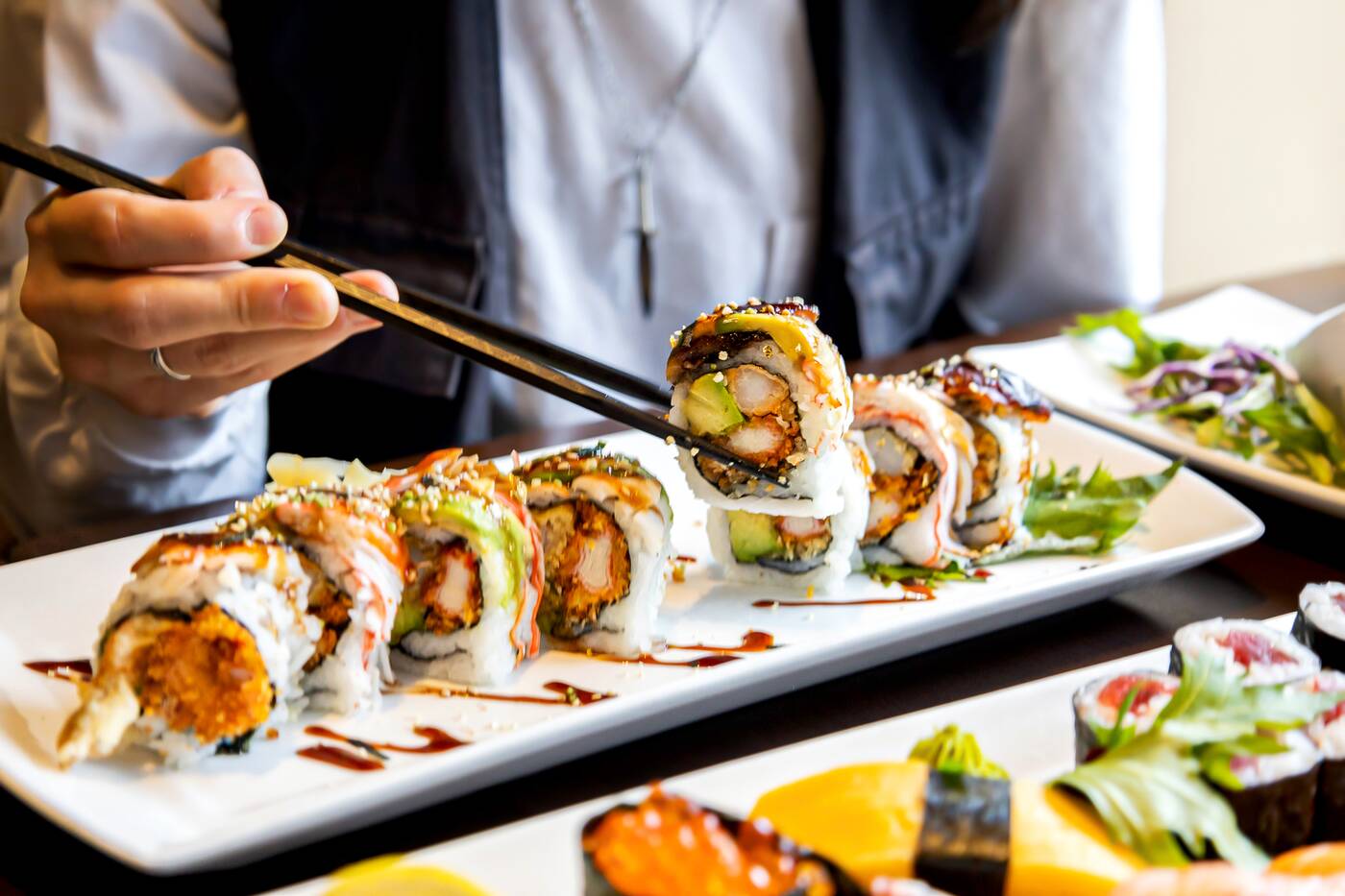
Chaim's son Daniel eventually joined the business about seven years ago as COO after working in other restaurants, allowing Chaim to step back from the day-to-day operations.
Chaim's other son, Josh, also took a turn running the restaurant around 2015 and left his stamp by introducing sushi burritos and poke bowls inspired by influences from San Francisco and Hawaii, respectively.
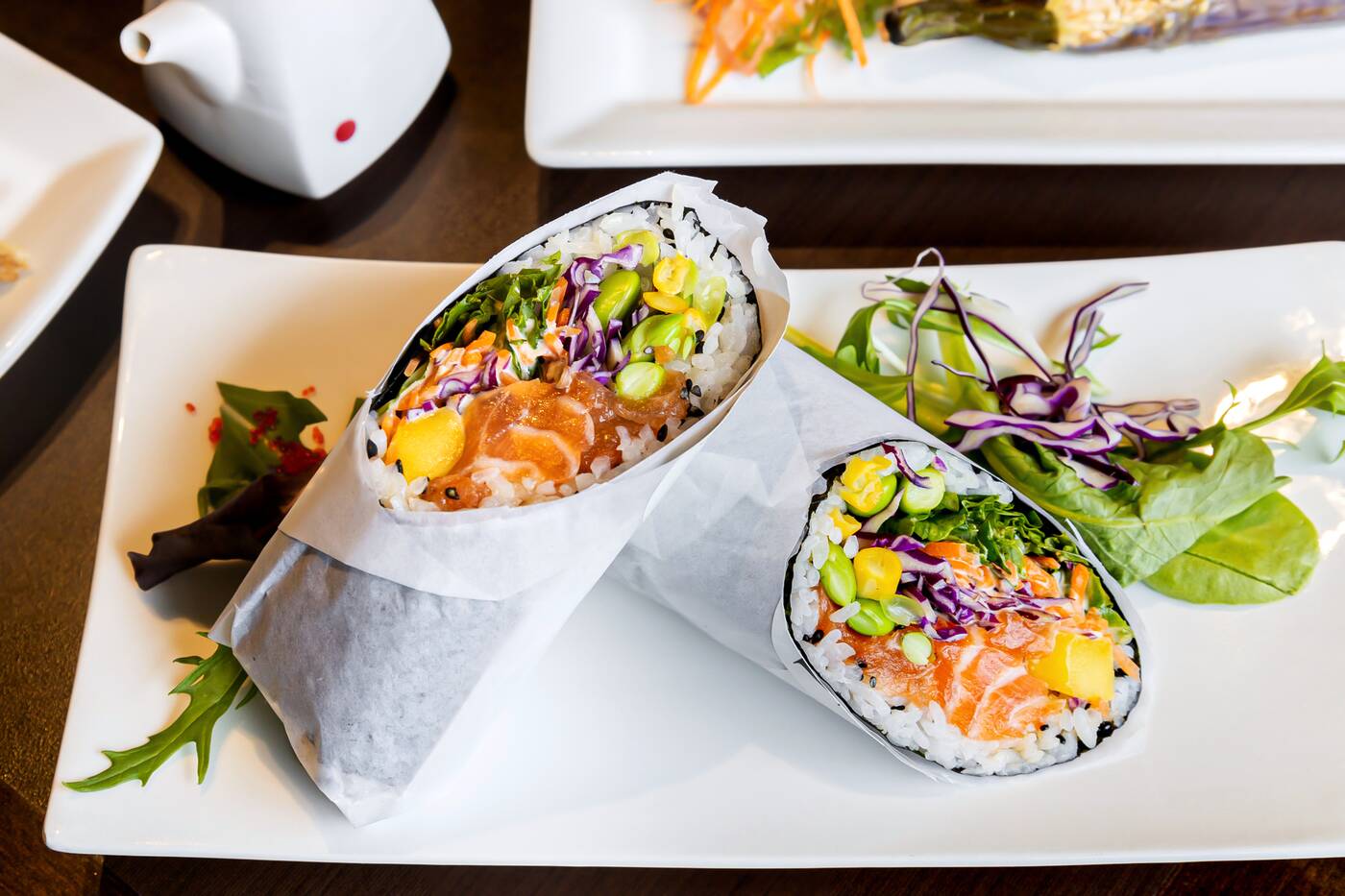 Sadly, on New Year's morning in 2016, the head chef came into EDO early to find the restaurant filling with smoke: it was gutted by a big fire, and unfortunately, the landlord there decided not to renew EDO's lease and sold the building, forcing the closure of that location.
Sadly, on New Year's morning in 2016, the head chef came into EDO early to find the restaurant filling with smoke: it was gutted by a big fire, and unfortunately, the landlord there decided not to renew EDO's lease and sold the building, forcing the closure of that location.
Still, people have continued to patronize EDO-ko with fierce loyalty over the decades.
"We have loyal customers of 20 to 30 years, third generations coming to dine with us, it's so gratifying," says Chaim.
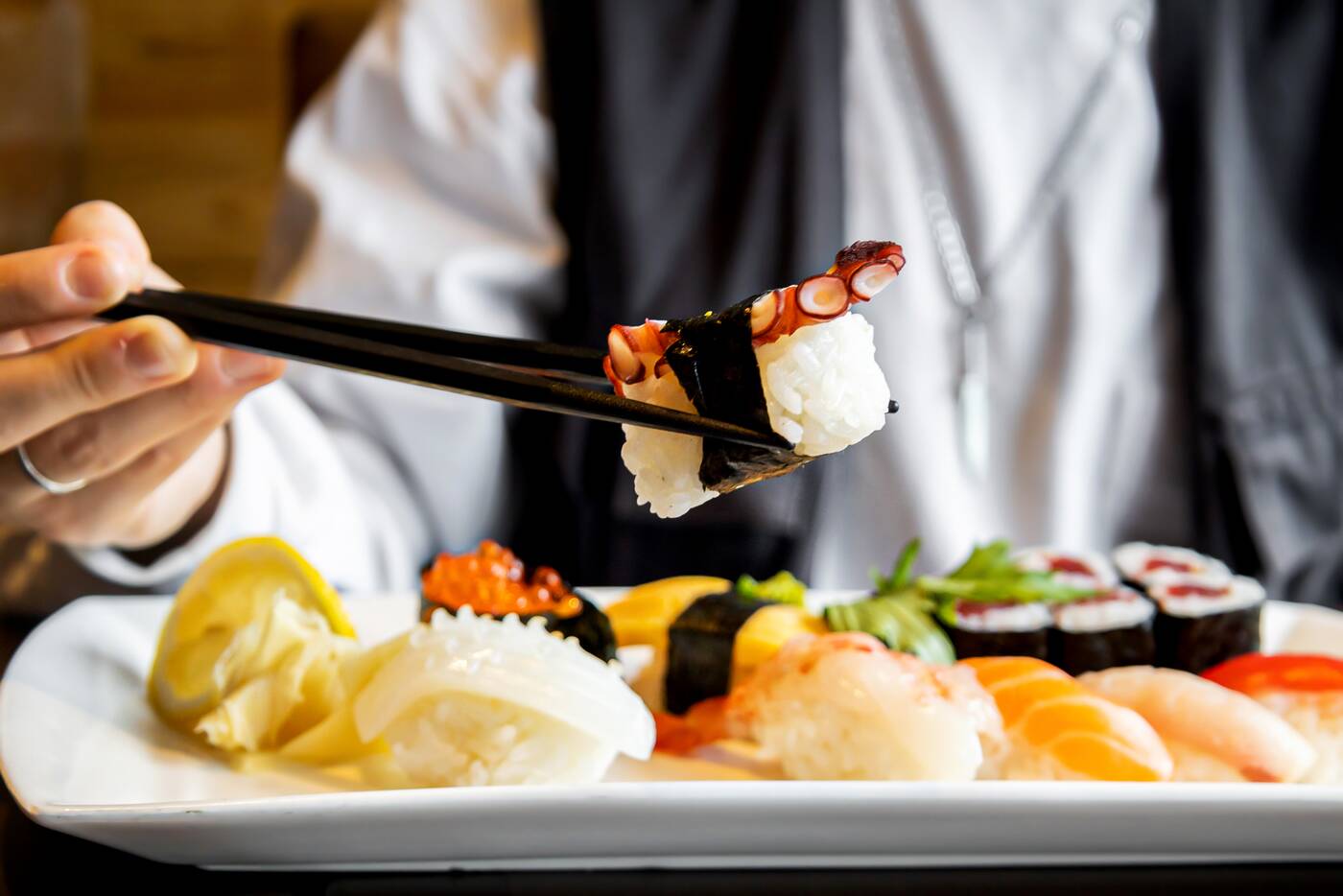 "Forest Hill, some people don't even know it exists so there's not a lot of drive-through traffic. We had more awareness on Eglinton."
"Forest Hill, some people don't even know it exists so there's not a lot of drive-through traffic. We had more awareness on Eglinton."
They've tried to open other locations around the city but it didn't work out. They are always open to new locations, and are hoping to open a new project in Mississauga next year that might be EDO-related, or may be called something else.
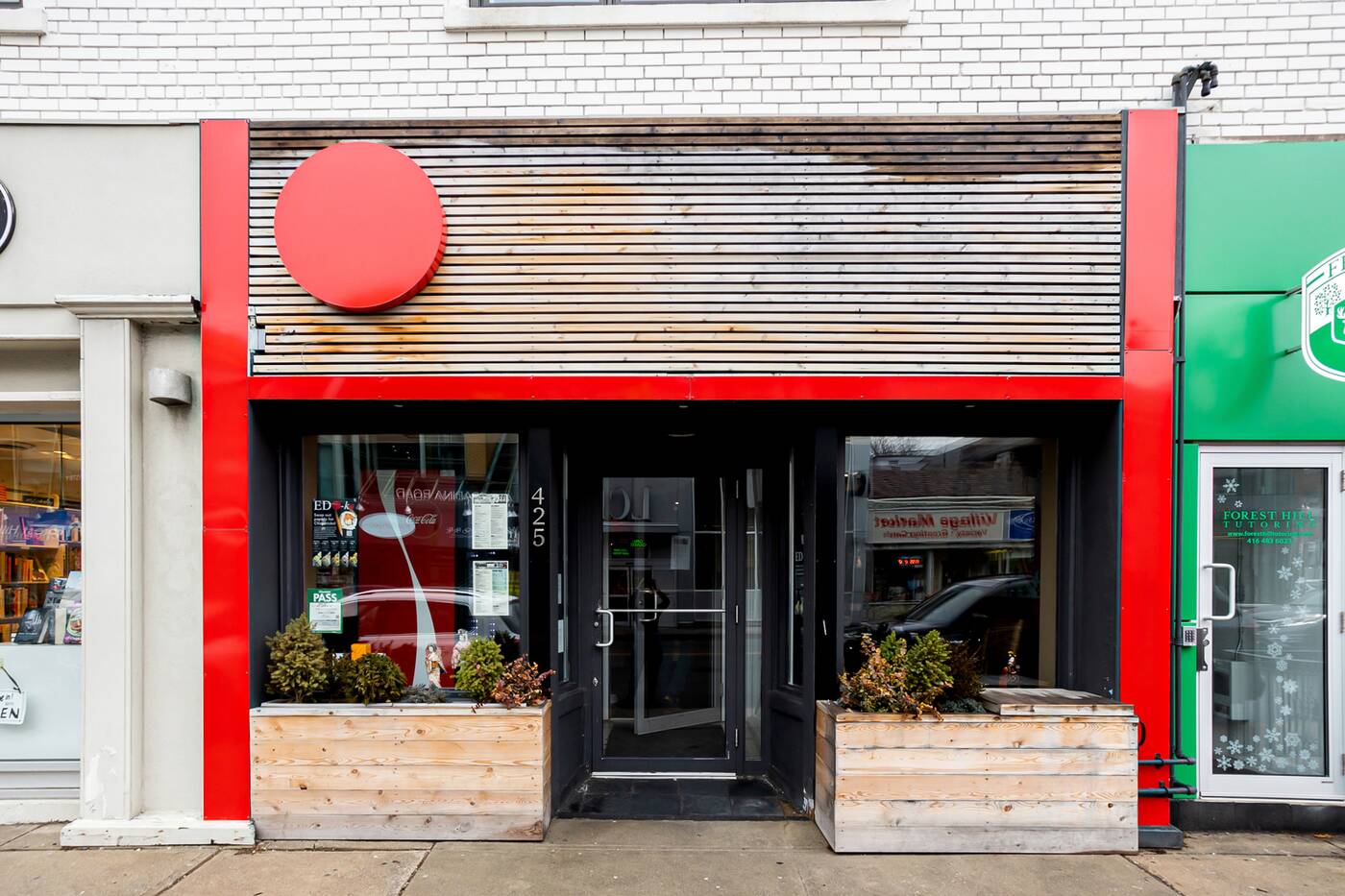 In 2022, the Consul-General of Japan in Toronto conferred the Foreign Minister Commendation of the Government of Japan to Chaim, which is "awarded to individuals and groups with outstanding achievements in international fields, in order to acknowledge their contributions to the promotion of friendship between Japan and other countries and areas."
In 2022, the Consul-General of Japan in Toronto conferred the Foreign Minister Commendation of the Government of Japan to Chaim, which is "awarded to individuals and groups with outstanding achievements in international fields, in order to acknowledge their contributions to the promotion of friendship between Japan and other countries and areas."
"Food is not a two-dimensional medium," says Chaim. "Food is so much more than what you've got in front of you. It's who you're with when you're eating."
Fareen Karim
Latest Videos
Latest Videos
Join the conversation Load comments







